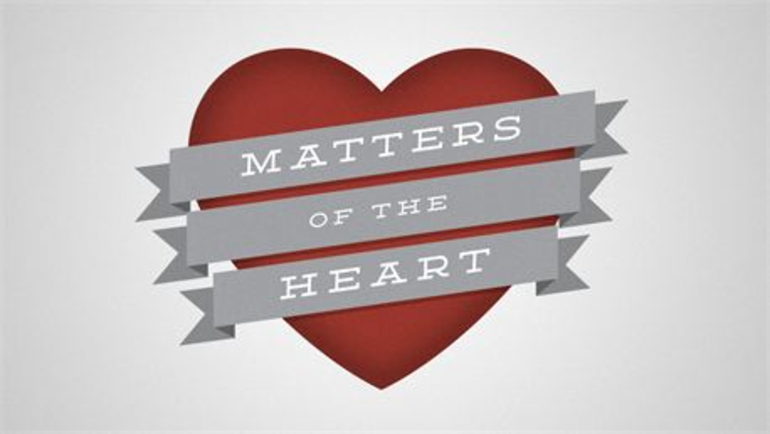
This spring, we have been bringing to you a series called “An Enemy Has Done This” and will continue to write about ways Satan sabotages and takes hostage God’s revelation through what he has created, dividing and conquering mankind on issues regarding animal welfare. Right now, however, we would like to share this article with you by Bonnie Ambrossi, a Humane Society of the United States Faith Outreach volunteer, my friend and fellow animal welfare advocate.
It may be April, but it truly is not too late to make a New Year’s Resolution!!

by Chris Kennedy
Compliments of CreationSwap
Four reasons to eat mostly plants in 2016
(See here for link to the article)
Your New Year’s resolutions may already have come and gone, but if you’re like me, the entire month of January feels like a special opportunity to try something new, make improvements and start fresh.
If you’re looking for one lifestyle change that will give you the most bang for your buck, consider this simple diet plan: Eat mostly plants. Also called “flexitarian,” it is widely reported as one of the hottest diet trends for 2016. But unlike most fads, this is a trend that has the potential for tremendous benefit in several areas.
First, eating mostly plants is good for your health. In November 2015 the World Health Organization classified red meat and processed meat as potent carcinogens. Many chronic diseases — including diabetes, migraines, obesity, heart disease, kidney disease and osteoporosis — are now considered to be caused by or exacerbated by a diet too rich in animal foods. And don’t worry about protein; the plant world provides plenty. If you have any doubts, just take a look at the growing number of websites featuring vegan athletes and bodybuilders.
Second, it’s good for public health. The rise of antibiotic-resistant bacteria that threaten to make some of our most important medicines ineffective is largely due to the systemic use of antibiotics in factory farms. The animals couldn’t survive in those conditions without them. A shift away from factory-farmed meat and dairy is essential.
Third, it’s good for the planet. The industrial livestock industry is a significant contributor of greenhouse gases and also is responsible for the loss of vast areas of forest and grassland that once sequestered carbon. A 2014 United Nations climate report called for a 60 percent decrease in meat consumption worldwide in order to curb climate change.
Factory farms are also nearly synonymous with severely polluted water, which is one reason why the proposed hog CAFO (concentrated animal-feeding operation) less than eight miles from Chequamegon Bay and Lake Superior is so alarming (see this article).
Last but not least, eating mostly plants is good for animals. Most people love animals. We care about stray dogs and cats, injured wildlife, and endangered pollinators. But there’s a big disconnect when it comes to our food. The suffering of animals in factory farms is the stuff of nightmares, but we don’t see it. In spite of the efforts of Big Ag to keep cameras out of its factories, however, videos and photos abound documenting the horrors inflicted on chickens, turkeys, pigs and cows in order to produce the cheap animal products we’ve come to expect.
In each of these cases, what you eat makes a difference. In fact, what you choose to put in your grocery cart may be one of the most significant and influential choices you make every week. For example, consumer demand for cage-free eggs has led more than 100 companies — including restaurant chains like McDonald’s, food manufacturers like General Mills and food-service suppliers like Aramark — to change their procurement policies. This is pushing the egg industry toward abandoning one of the cruelest of all factory farm inventions: the battery cage system for chickens.
When enough people adopt a new perspective, a trend becomes a paradigm shift. Whether your interest is in personal health, public health, climate, clean water, or animal welfare, one of the smartest actions you can take for a better future is to eat mostly plants.
Bonnie Ambrosi is of Duluth is a wellness instructor and animal welfare advocate.
Thank you for reading, following, and sharing our blog! We pray God blesses you and yours! ~Kathy

